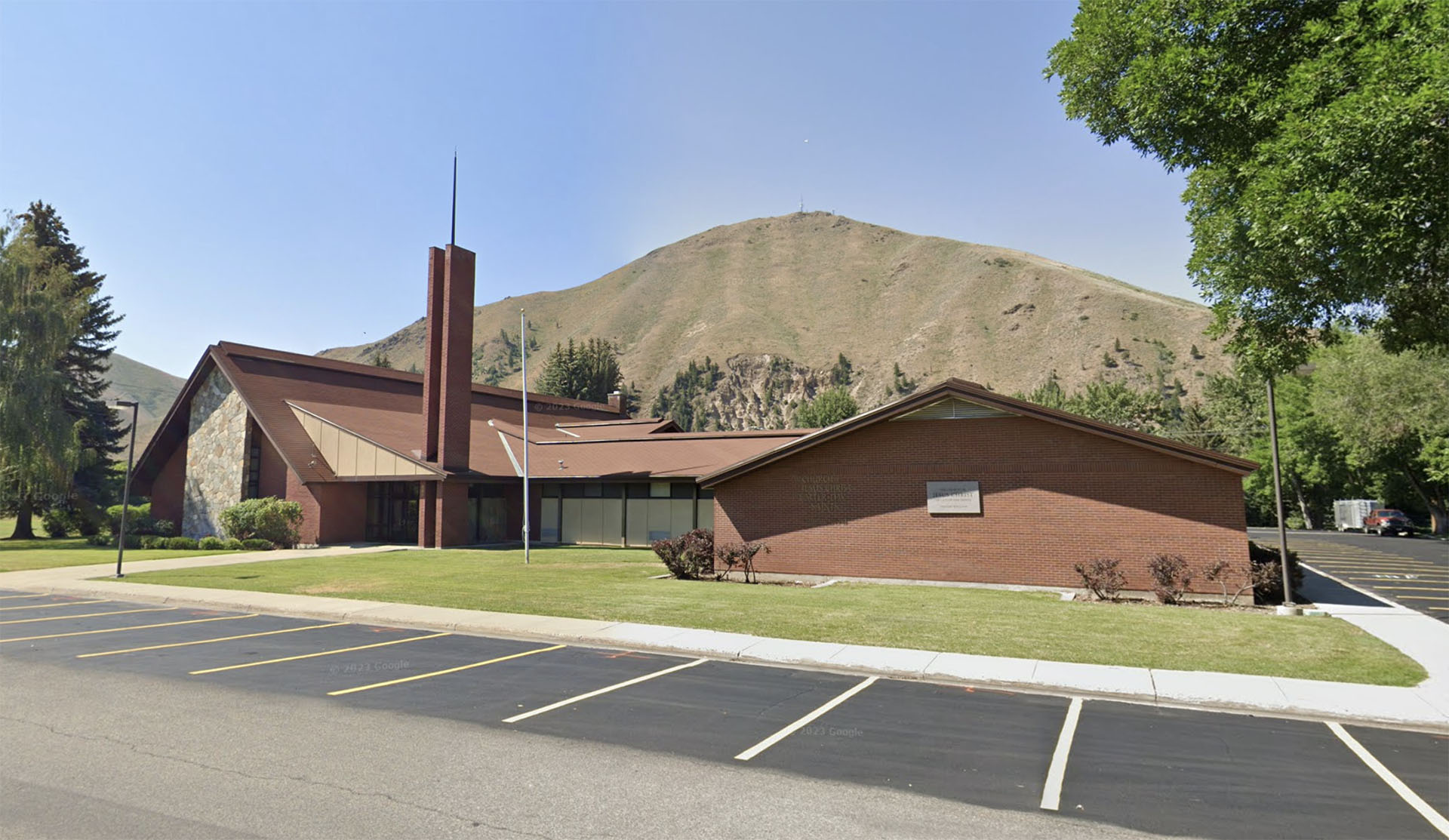You are here
Book of Mormon Central is in the process of migrating to our new Scripture Central website.
We ask for your patience during this transition. Over the coming weeks, all pages of bookofmormoncentral.org will be redirected to their corresponding page on scripturecentral.org, resulting in minimal disruption.

Opinion: The Church Did Not Cover Up Sexual Abuse in Idaho
It should go without saying that under no circumstances should abuse be tolerated, nor should abusers escape accountability under the law. Jesus Christ was quite clear about the state of the person who abused an innocent child – that it would have been better that the person was drowned in the sea with a millstone about the neck. (Luke 17:2)
What are we to make of the latest article from the AP regarding a new case of abuse that occurred between a father and his daughter? The father was a volunteer bishop during the time the abuse took place. Years later, when confronted with the evidence, the father confessed his crime to his current bishop. The church excommunicated him and he has not since been rebaptized.
Many of us at Scripture Central, myself included have held voluntary ecclesiastical positions and dealt with cases of abuse. We hope to provide some context around the conversations being had with regards to the Church of Jesus Christ of Latter-day Saints and answer such questions as: Why would the Bishop not testify regarding the confessions of an abuser, so the abuser to be brought to justice? Or why does the church offer cash settlements?
The Realities of Clergy-Penitent Privilege
Confessions to clergy have a long history in Christianity where confidentiality is strictly maintained. Lawmakers have considered changing laws which protect confidentiality of confessions. According to a U.S. News and World Report article, in over 100 instances, state lawmakers considered mandatory reporting laws but have opted against requiring clergy to testify against the confessor. This is a wise decision, as painful as it may sound on the surface. Experience and studies have shown that mandatory reporting laws simply do not work and are counterproductive to the interests of law enforcement, society at large, the victim, and the perpetrator.
Without confidentiality protection, perpetrators would rarely confess for fear of legal trouble. Instead of the clergy helping the perpetrator to seek help and take responsibility for their actions, the perpetrator would not confess, maintaining their dark secrets and driving them to abuse again. Involvement of clergy aims to reverse the cycle of abuse. Are such efforts always successful? Of course not, and unfortunately the result is more victims in some percentage of cases. However, without such protection, there would be fewer confessions and additional abuse would occur in almost every case.
The Church Settling with Victims
As to the reasons behind the offering of settlements generally, a potential litigant is concerned fault will be found in a court of law, so they choose to settle now to avoid higher costs later. Some people view such settlements as a tacit admission of guilt, even if legally there may be a stipulation of no-fault.
In the case of the Church, there may be additional reasons why they may consider offering money even when a lawsuit is not threatened as appears to be the case in the December 4 article by the AP.
The Church desires to help the victim.
This appears to be the reason the church offered settlement, even though it involved a father who abused her daughter outside of any control of the Church. He happened to be a volunteer bishop at the time of some of the abuse.
Whether the settlement was to avoid legal risk or whether it was to help a victim, in legal situations, the money will always come with requirements of confidentiality. This is important to dissuade opportunists, including unscrupulous attorneys seeking financial gain or the Church’s discomfiture—from suing the church.
In hindsight, since confidentiality was not maintained, we may now question the wisdom of the legal department offering settlement in this case. Reporters are now trying to lead readers to believe that hush money was offered to suppress guilt. That simply is not the case. When the Church learned of this matter, the abuser was promptly excommunicated and has not be readmitted to this day.
The church has a remarkable record in its efforts to minimize abuse in its ranks. The Church currently follows best practices in preventing abuse, from screening and training volunteers, to windows in all classrooms, to requiring at least two adults present in situations with minors.
In addition, the Church implements unique protections against abuse not found in other churches, such as keeping annotated records of church members if there are reasons a member should never serve with youth and children. Youth have interviews with bishops annually that open the door for young men and young women to privately disclose concerns. The process of sustaining a member in a new calling gives members an opportunity to express misgivings if there are concerns about a member serving with children or youth.
What occurs within the walls of the homes of its members is outside the control of any institution to mitigate as tragic as these situations are. All the Church can do is work to help confessors repent, accept responsibility and work to repair their crimes. Furthermore, its teachings help victims cope with the abuse that has been perpetrated against them.
We are all heartbroken when we learn about cases of abuse, especially at the hands of those who are in positions of trust. We are further appalled when efforts have been made to protect abusers from accountability. But such is not the case here. The abuse occurred in a domain outside Church reach, and when the church learned of the matter, it took swift action. Though the church chose to provide financial support, it did so from the perspective of concern for the victim, not from the position of legal risk. Whether it will continue to do so in light of recent events, remains to be seen.
Subscribe to our Mailing List
Get the latest updates on Book of Mormon topics and research for free




